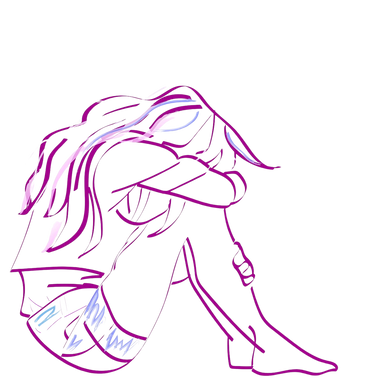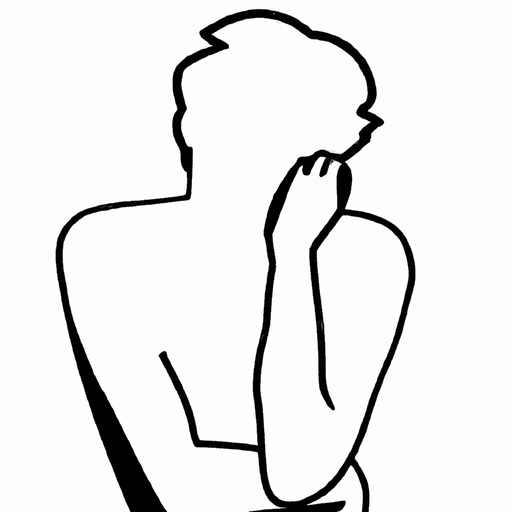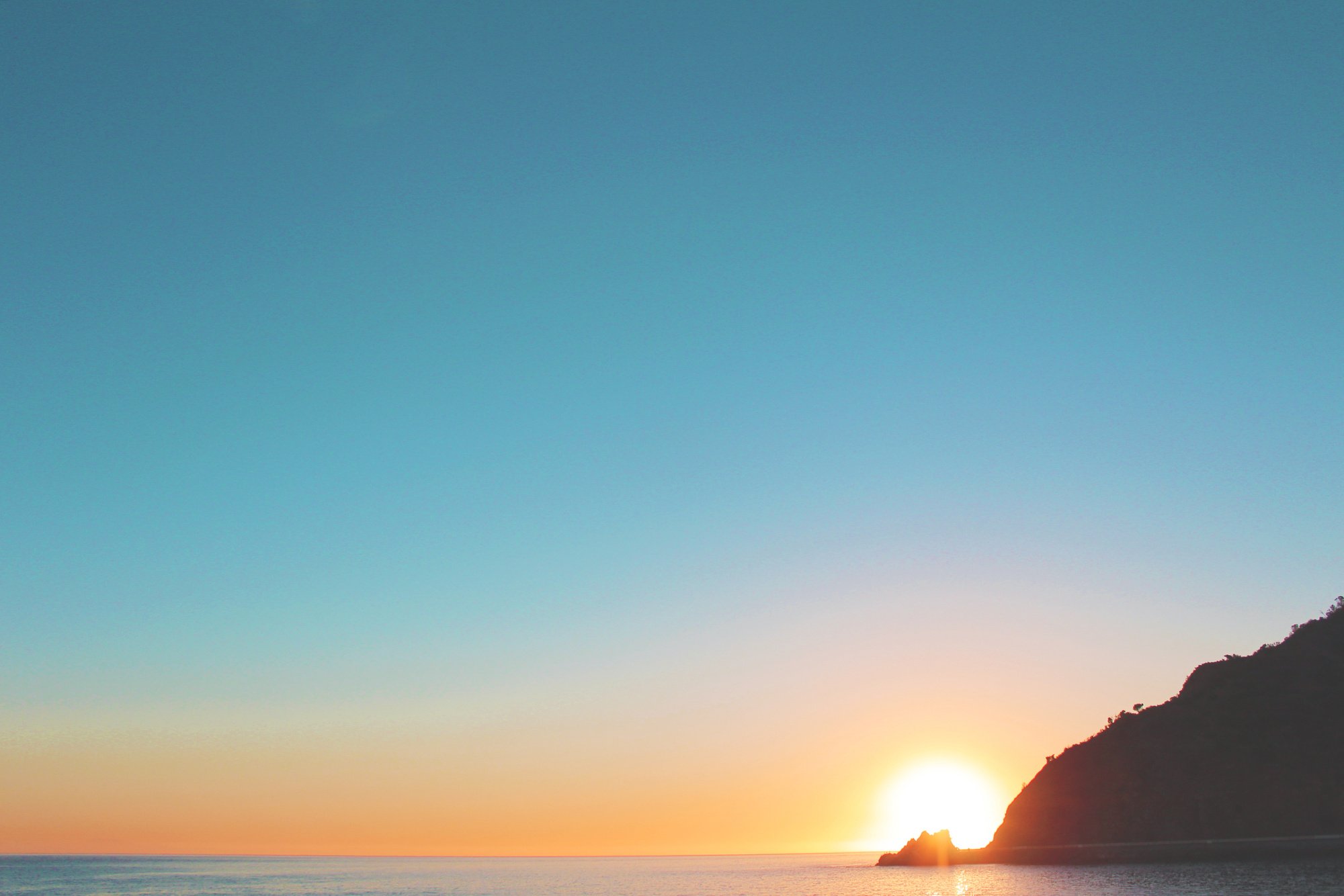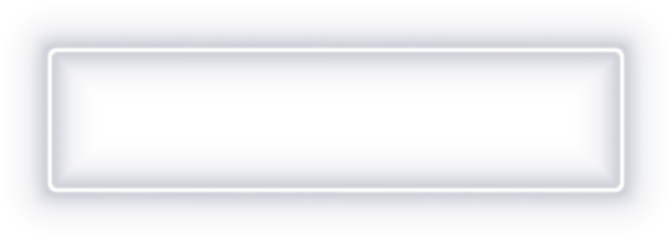
How Art Saves Lives
It’s so difficult to describe depression to someone who’s never been there, because it’s not sadness. I know sadness. Sadness is to cry and to feel. But it’s that cold absence of feeling— that really hollowed-out feeling.
― J.K. Rowling

Mental health problems don’t define who you are. They are something you experience. You walk in the rain and you feel the rain, but you are not the rain.
— Matt Haig
a podcast for conversations about
the healing nature of art.
a safe space where everyone is welcome
Click below to join our mailing list
for upcoming news and information.
Watch this space
for news about our podcast
launching soon

How Art Saves Lives
a podcast for discussions
to help us navigate life,
from speakers who use art to heal.
And still, I rise.
— Maya Angelou
I go through a lot of depression, and I know other people do, too, but I have an outlet that so many people don't. If you have that inside of you and can't get it out, what do you do?
― Billie Eilish
...art can be healing. This doesn’t mean that looking at or making art will cure someone of a physical illness or even provide relief of mental health symptoms—it’s not a substitute for a needed medication...or treatment plan. But still, art can heal.
— Jackie Armstrong, for MOMA
Books
- The Artist’s Way: A Spiritual Path to Higher Creativity
by Julia Cameron
Amazon: Buy it here.
- Writing as a Way of Healing: How Telling Our Stories Transforms Our Lives
by Elizabeth deSalvo
Barnes & Noble: Buy it here.
- Shades of Blue: Writers on Depression, Suicide, and Feeling Blue
Edited by Amy Ferris
Barnes & Noble: Buy it here.
- I’ll Run Till the Sun Goes Down: a Memoir About Depression and Discovering Art
by David Sander
Amazon: Buy it here.
Organizations
- American Art Therapy Association
Find them here: https://arttherapy.org
- NAMI: National Alliance on Mental Illness
Find them here: https://www.nami.org
- Museum of Modern Art Magazine
Read it here: The Healing Power of Art
- National Institutes of Health
Read it here: Where Art Meets Neuroscience
- Smithsonian Magazine
Read it here: How Making Art Helps Improve Mental Health
- University of Washington, the Whole U
Read it here: Art for Self-Care and Mental Health
Unbelievably rich watercolor swirls from your brush as you dip the bristles into clean, clear water. As you watch, you feel your racing heartbeat begin to slow and the raw edges of your panic begin to smooth themselves out.
— Bridges to Recovery

How Art Saved My Life (the First Time)
Hi. I’m Lyssa. For most of my life, art has been my salvation, and this podcast will explore the many ways art can offer a lifeline. All are welcome here, and it’s my hope that this website and the guest interviews we record will shine a light toward anyone looking for help.
Decades of social programming cautioned me to keep quiet about my difficulties. People don't understand that many of us can't shake off, reframe, or attitude-adjust our way out of these things. In my case, it's a murky mess of ADD, depression, and anxiety (topped off with dyslexia). For me, the most significant help comes from medication.
I’m not minimizing the efficacy of lifestyle options and coping mechanisms. I’d bet most of us work to be better and to do better. But no matter how hard we try, getting off our meds is not a matter of being careful enough, determined enough, or strong enough.
And we needn’t want to. If our body doesn’t produce enough insulin, we use pharmaceuticals. If we don’t have enough vitamin B or C, we use store-bought. So why—when our bodies don’t produce enough serotonin or dopamine—why does shame enter it?
For years, I firmly dismissed the idea that I might be depressed. My husband had a good job; I ran a home-based business; we owned a nice house, drove reliable cars, put pretty much whatever food we wanted on our table, and I had help with the kids. Being unhappy would make me an ungrateful brat. I appreciated my blessings—and yet, counting them didn’t ease my pain. Because unhappiness differs from depression.
I was drowning in a post-partum cocktail of hormones run amok. Depression whirled through my life, dragging its dance partner, social anxiety, with it. Ironically, that time, it was dance that saved me. Clubs, classes, lessons, teams, competitions. Dancing was the only thing I left the house for.
Steve didn’t know how to help me. One evening, I couldn’t make the decisions I needed to get out the door. I didn’t want dinner, I couldn’t decide what to wear; I stood in front of my closet and cried. I called Steve at work and told him I’d had a rough day, and I didn’t feel like going dancing. He said, “Then don’t go, sweetheart. You can skip a week if you’re not up to it.”
But I hung up the phone and cried harder. He’d been caring and concerned, so why didn’t I feel better?
I didn’t know how to say, “I can’t even summon the energy to go have fun. I feel so low that fun is too much effort.” Or, as my brilliant daughter puts it, “I wish I wanted to go. I want to want to.”
I was confused, because mostly I felt nothing. Dead. I did the bare minimum to keep my business up and running, my house clean, my kids fed. Mornings, I rolled over and offered Steve a cheek to kiss goodbye. I let the high-school girl who lived with us take my kids to pre-school. I slept twelve hours a day, and although I had no urge to hurt myself, to die by suicide, sleeping let me pretend to be dead. To avoid my void of a life, my guilt, and shame for failing to be happy.
I didn’t have the vocabulary to talk about my emotions. I vacillated between anxiety and apathy, and I had no idea what was happening. But I paused one day in my therapist’s office and asked her, “What would that look like? Depression.” And I ticked the box on virtually every symptom she named.
So, I medicated. But I was always looking to wean myself off. I assumed it was a failure of will or fortitude or spine or good morals that forced me back onto the anti-depressants. But this is simple brain chemistry. It’s the way I’m wired. An imbalance. A need for medical intervention.
I offer my account by way of introducing this endeavor. I want to understand why such a large proportion of the writing community suffers from mental health difficulties. Is art a way to survive, or does art attract this community? Which came first—the chicken or the embellished egg?
I want to hear from you about your lifeline. Is it creating your own art? Or enjoying others’? Is it music, dance, writing, singing, painting, gardening, sewing, crafting, building, performing, design work, architecture, graphics, or....some other way you find to create?
Let’s share our stories. Let’s offer hope and light to fellow sufferers. Join me in a community where otherness of any kind feels inclusive, and neither our differences nor our frailties define us.
These days, my heart is in my writing, and I’m pretty sure without the opportunity to create new stories, to reach people with my words, I’d be back in bed, rolling over and offering Steve my cheek for a kiss on his way out the door.
All my best,
― Lyssa

How Art Saves Lives
I am not afraid of storms for I am learning how to sail my ship.
― Louisa May Alcott
What mental health needs is more sunlight, more candor, and more unashamed conversation.
― Glenn Close
Writing has helped me heal. Writing has changed my life. Writing has saved my life.
― Louise DeSalvo
